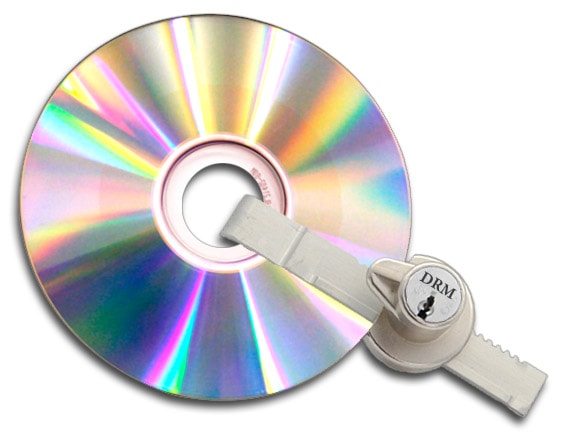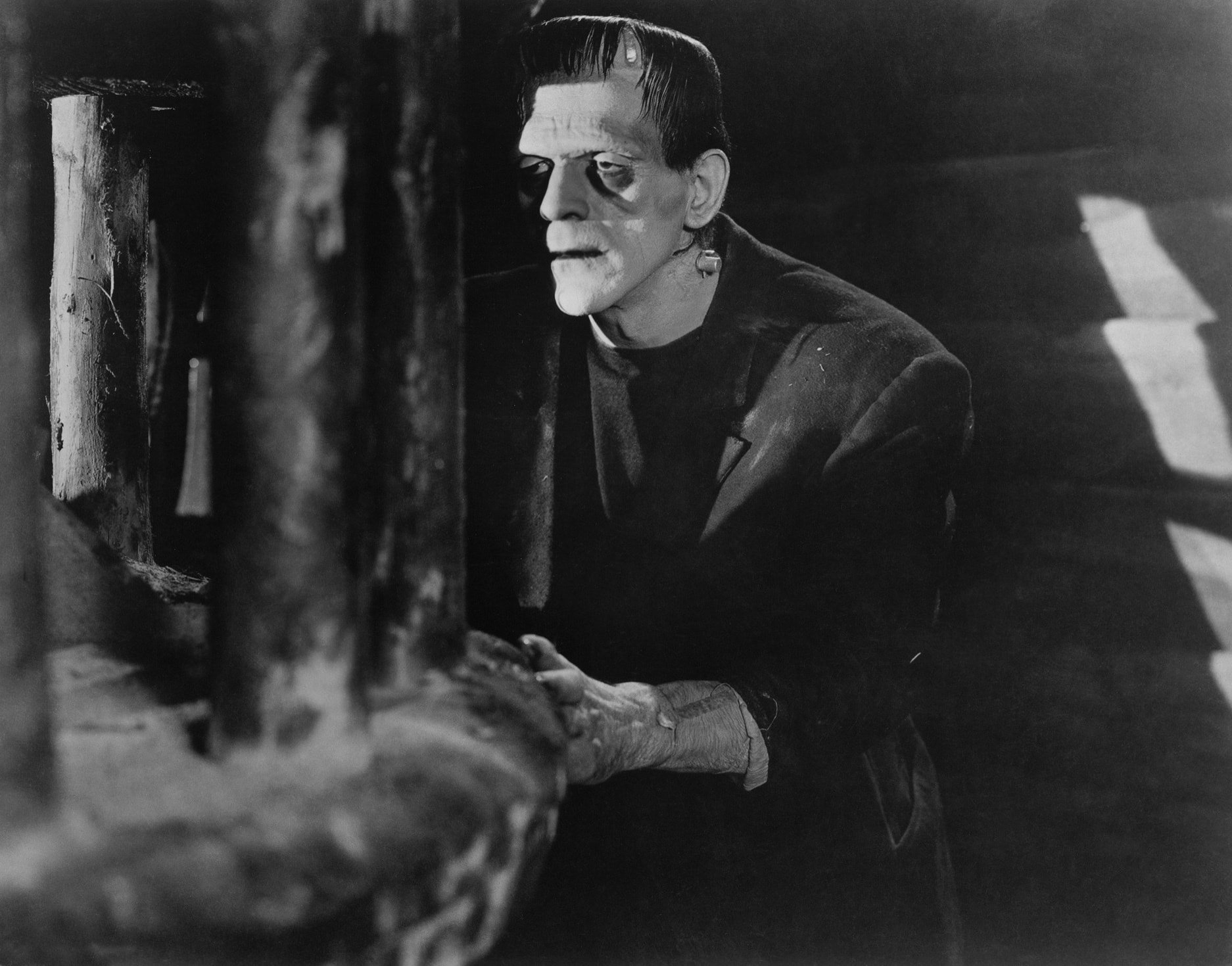US Copyright Office Wants Your Input on the DMCA Rule-Making Process

 According to InfoDocket, the US Copyright Office has opened a public inquiry into the way the DMCA works. From now until 25 February, the Copyright Office is inviting the public to submit comments:
According to InfoDocket, the US Copyright Office has opened a public inquiry into the way the DMCA works. From now until 25 February, the Copyright Office is inviting the public to submit comments:
The United States Copyright Office is undertaking a public study to assess the operation of section 1201 of Title 17, including the triennial rulemaking process established under the DMCA to adopt exemptions to the prohibition against circumvention of technological measures that control access to copyrighted works. To aid this effort, and to ensure thorough assistance to Congress, the Office is seeking public input on a number of key questions.
The comments have to be submitted digitally, and according to the notice filed in the Federal Register (PDF) they’re limited to just the topic of exemptions, and not for example DMCA takedown notices.
That means we can’t use this inquiry to lobby for changes to how takedown notices work, or push to get Section 1201 balanced by the addition of penalties for bogus notices, but there’s still some good news here.
The notice specifically mentions that Copyright Office is seeking comment on how rules affect consumers, the vagaries of the rule-making process, permanent exemptions, and third-party exemptions.
To name one example, would you like for it to be legal for a mechanic to bypass the DRM in your car so you don’t have to do it yourself? Under the current rules, you have the right to bypass that DRM but it is still illegal for anyone to do it on your behalf (strange, but true). Now we have the opportunity to argue why that should change.
And do you want the Copyright Office to grant permanent exemptions to the DMCA, ones which don’t have to be renewed every three years?
For example, are you of the opinion that pursuits like security research deserve a permanent exemption to the DMCA?
Now would be a good time to speak up.
As things are currently set up, every exemption, including the ones that were announced in October, have to be requested during the Copyright Office’s triennial review process. Advocates have to argue again and again to defend exemptions as reasonable as letting the disabled strip DRM so they can access the content in a usable form.
And as you may recall from 2013, there’s no guarantee that an existing exemption will stay in place. Remember, jailbreaking your phone was legal right up until it wasn’t, and it took an act of Congress to make it legal again.
If you would like to see the rules changed so we don’t have to go through that again, you can submit your comments on the US Copyright Office’s website.
image by rebopper

Comments
US Copyright Office Wants Your Input on the DMCA Rule-Making Process… | Chris The Story Reading Ape's Blog December 28, 2015 um 4:14 pm
[…] The-digital-reader.com/2015/12/28/us-copyright-office/ […]
Void December 29, 2015 um 3:19 pm
I have followed every link on that page and I can’t find any that lead to a page where we can actually enter our comments.
Nate Hoffelder December 29, 2015 um 4:36 pm
Thanks for pointing that out; I had assumed that the Copyright Office would have a submission form here:
http://www.copyright.gov/policy/1201/
But instead it says:
That’s not what the notice implied.
US Copyright Office Announces Study on Impact and Effectiveness of DMCA “Safe Harbor” Provisions | The Digital Reader December 30, 2015 um 1:34 pm
[…] this week the Copyright Office launched a public inquiry into the impact of the DMCA exemptions process, and today it launched a second inquiry into a related part of the DMCA, the "safe harbor" […]
Library Corner: 1-5-2015 | The eBook Evangelist January 5, 2016 um 8:03 am
[…] US Copyright Office Wants Your Input on the DMCA Rule-Making Process (The Digital Reader) […]
Brandon February 13, 2016 um 7:55 pm
Here is my rough draft for the comment, let me know if you think it’s bad or good, hate it or love it:
Topic: DRM removal on ebooks for fair use
Students already have the capacity to go to libraries, and photocopy books.
They, or anyone, should be able to access legally obtained content for free, just as they already do with physical books.
Access to information should not be limited after purchase, and if data is already stored on one’s computer, it is their property. Computer data is composed of ones and zeros. Just as the configuration of patterns on a drawing board belong to the owner of the drawing board, the owner of the computer has the right to access information already on his/her computer, given that such information, i.e. textbooks in the form of ebooks, are merely non-tangible configurations on a hard-drive akin to drawings on an etch-a-sketch.
Digital rights management (DRM) schemes are various access control technologies that are used to restrict usage of proprietary hardware and copyrighted works.
The notion of intellectual property makes sense in regards to giving credit to authors, but it should not extend to the actual control over people as to what they can or cant do with software, or programs on their computers.
The question is, who owns the ebook (configuration of "scratches" on a drive) on a computer?
The computer owner, or the copyright holder?
Furthermore, Memory-rights management.
Certain individuals, such as myself, posses a good ability to be able to remember things very well.
We have the ability to memorize passages from books, and quote them from memory.
The law seems to distinguish from external memory(hard-drives), and internal memory(of the human mind).
If the purpose of DRM is to prevent access to copyrighted works, and I don’t circumvent it, but rather learn from an ebook, and then I teach what I know to others and make books with the same information for free, or for profit, I then defeat the purpose of DRM anyways.
If DRM exists for that reason, and the law recognizes breaking DRM as illegal, then it ought to be illegal to remember things in one’s own mind without special permissions as is the case with external memory devices.